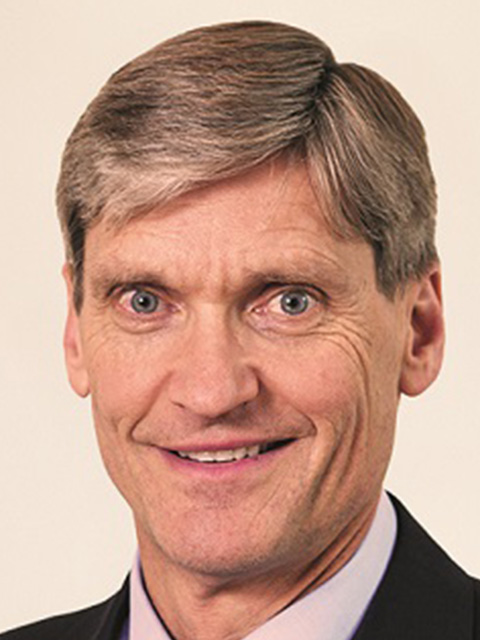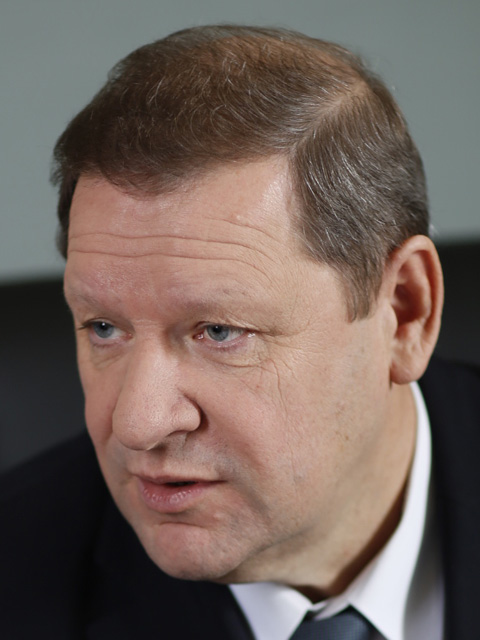Is there an Employment Cost to Agro-Industrial Innovation?
Agriculture is one of the few sectors in the Russian economy experiencing rapid expansion, generating strong returns while contributing to global and regional food security and spurring exports. Recent investments have led to a rise in quality and reduced losses during storage and transportation, while margins have been maintained. But more work remains to be done. What areas of Russian agro-industry are a priority for investment and development? How might expanded participation by foreign firms and shifts in global demand structure impact the sector over the next decade? What steps should be taken to further promote and stimulate domestic production and what is the right balance of import substitution and exports? What do businesses and the state need to do to support economic and social stability in the agricultural sector while establishing an environment in which innovation can be introduced to the industry?
Moderator:
Vladimir Gerasimov ,
First Deputy General Director, Executive Director, Interfax Information Services Group
Panellists
Pekka Viljakainen ,
Advisor to the President, Skolkovo Foundation; Chairman, Aii Capital
Oleg Goshchansky ,
Chairman and Managing Partner, KPMG in Russia and the CIS
Vadim Moshkovich ,
Chairman of the Board of Directors, Rusagro
Aleksandr Nikitin ,
Head of Administration of Tambov Region
Christopher Pissarides ,
Nobel Memorial Prize in Economic Sciences Laureate; Professor of Economics, London School of Economics and Political Science (LSE)
Vladimir Rakhmanin ,
Assistant Director-General and Regional Representative for Europe and Central Asia, Food and Agriculture Organization of the United Nations
Alexander Tkachev ,
Minister of Agriculture of the Russian Federation
Erik Fyrwald ,
Chief Executive Officer, Syngenta
Andrei Fursenko ,
Aide to the President of the Russian Federation
Michel Charouk ,
Vice President, Global Operations and Transformation, IBM Global Markets
Mikhail Kotyukov ,
Head, Federal Agency for Scientific Organizations
Yves Picquet ,
Head of CropScience Division for Russia, Belorussia and Kazakhstan, Bayer
Sergey Sidorsky ,
Member of the Eurasian Economic Commission Board (Minister) in Charge of Industry and Agriculture; Doctor of Technical Sciences, Honourary Professor, Belarusian State University of Transport
Dmitry Snesar ,
Senior Vice President, Head of Client Coverage, VTB


















